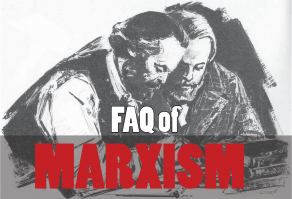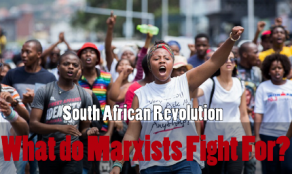The murder of Sindiso Magaqa and the rotten state of the ANC
The murder of former African National Congress Youth League (ANCYL) Secretary-General, Sindiso Magaqa, was received with shock, anger and revulsion across the country. Although his shooting is connected to the infighting in the ANC at local level, it reflects the present crisis in the party generally. Now, three months before of the National Conference, the factions in the party are in an open civil war with serious consequences for the class struggle.












